The experience of happiness is innate. Not in the object that I enjoy.
More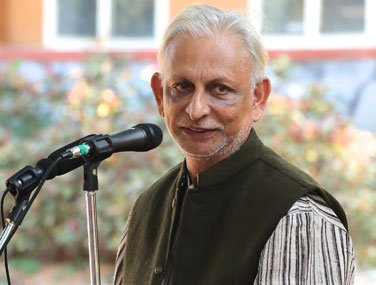

The experience of happiness is innate. Not in the object that I enjoy.
More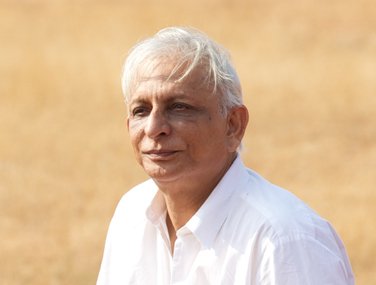
Words are very powerful! If somebody doesn’t know the language, he won’t understand a word,
More
This (examination, to know thyself) is possible only in the midst of society. You cannot really study your mind –
More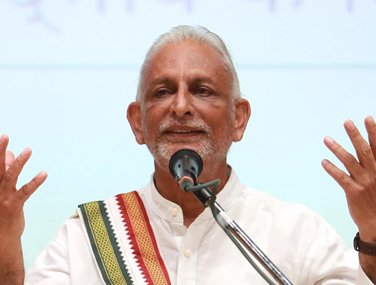
I am talking about what we think and how we act. If these two things can go together,
More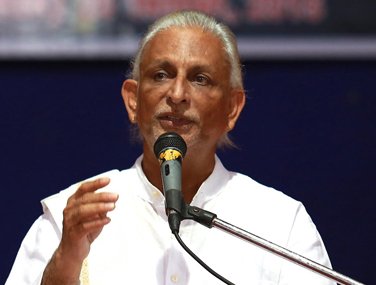
If we can become sensitive and look around and clear things up and get out of the mess,
More
I am saying, that in our minds, deep down in our minds if we would only be ready to peel off the outer layers of dust
More
Life moves. The problem is, we would like to freeze it and hold on to it.
More
We like to think of something as we want to think about it and not as it actually is;
More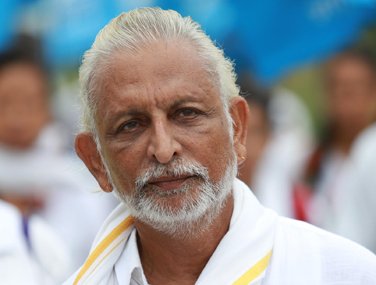
We all want to be happy, we all desire that which brings happiness to us.
More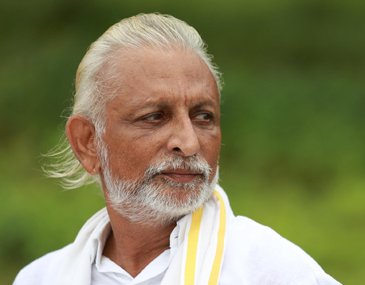
According to Vedanta, the entire Cosmos is a complete seamless, continuous unity, the one which contains within itself,
More
A single understanding of something is a great detriment to the understanding of one’s self
More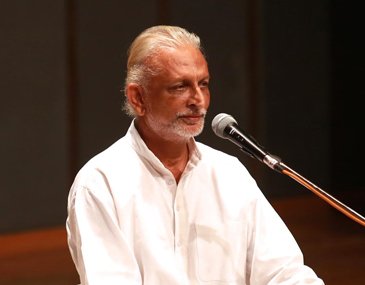
Self realisation is to understand oneself and in the process of understanding oneself,
More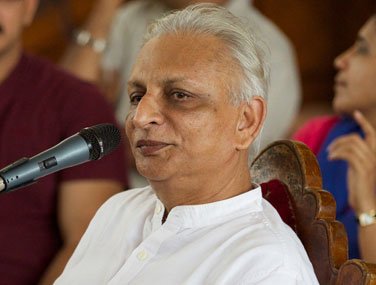
Divine Love is to be understood through ordinary love. If you have a rough idea about ordinary Love,
More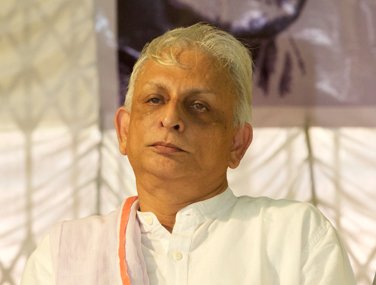
When a person is on the spiritual journey, he/she should not cry over what he/she loses
More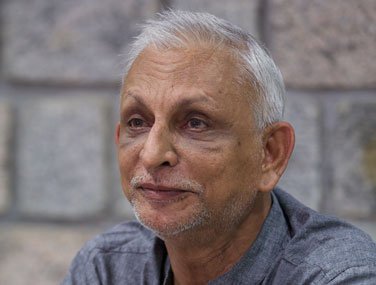
A teacher should be a polished mirror – so that when you look you see your actual reflection,
More